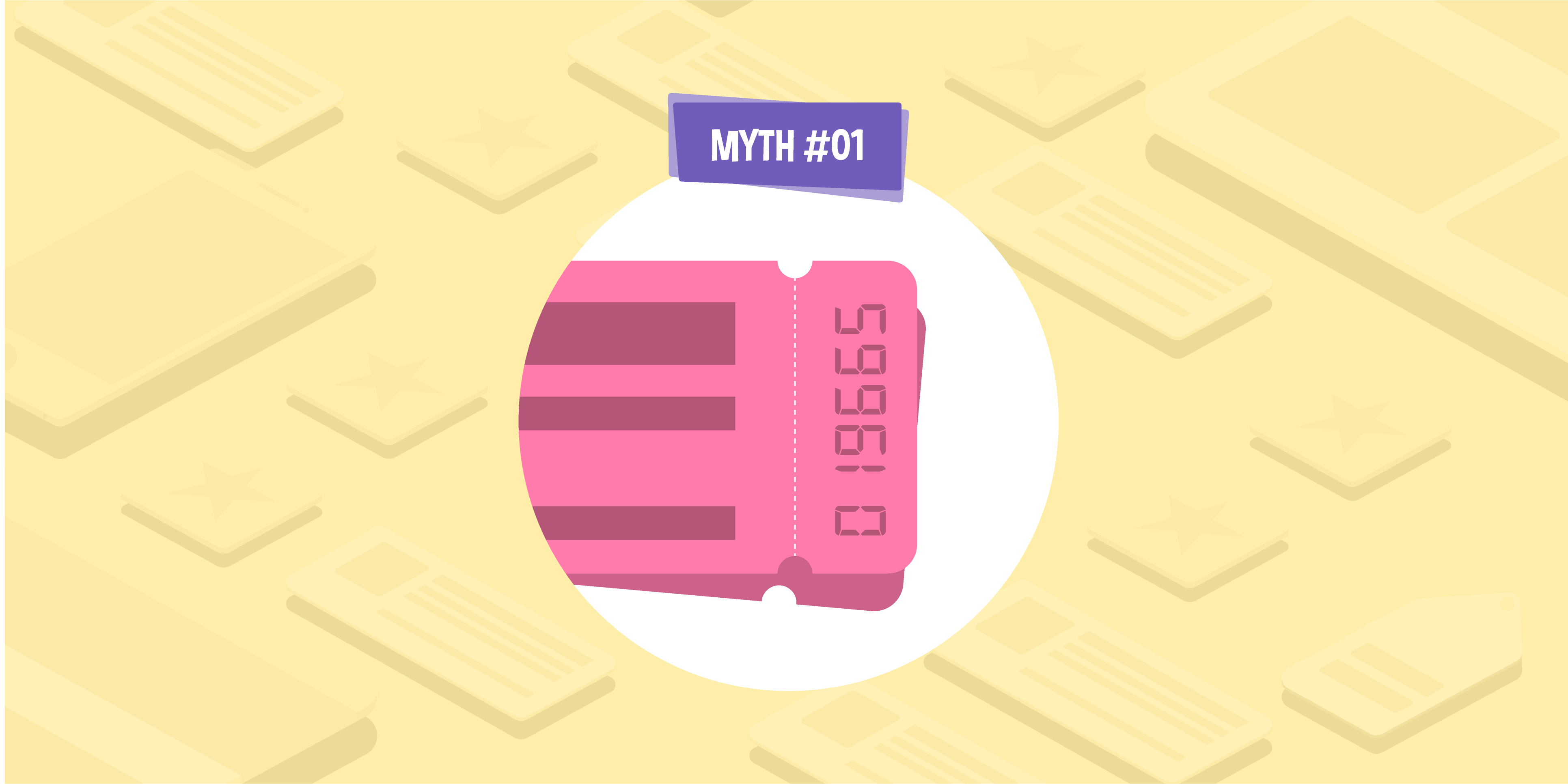
- 04 Mar 2016
- 3 Min read
Google feng shui: What the new SERP layout means for your business
With many businesses heavily reliant on the traffic they obtain from Google, it’s no wonder that every change that is made to the search engine can rock the world of digital marketing. When Google releases something as big as its latest change, which has altered the layout of desktop search results, it sends shockwaves through the worlds of PPC and SEO.
What’s changed?
In the biggest change to its interface in years, Google has:
- Removed all ads from the right-hand side of the search results.
- Added a fourth ad to the three which already sit above the organic search results.
- Placed a further three paid ad slots underneath the organic search results.
What does this mean for PPC?
Now, many search results only show four ads above the fold. Removing the ads from the right means there’s less distraction, and the extra ad means it takes extra scrolling to reach the organic results. So these four PPC spots have huge potential.
As a result, competition will be high and bids might be higher. So it’s even more crucial to have a clear plan in place for your PPC, focus on the keywords you’ve identified as your priorities, and remain level-headed when making your bids.
Many are concerned that Google has removed the positions that provide the lowest cost-per-click, but it’s important to remember that these spots also had the highest cost-per-sale. A renewed focus on the top four ad positions for the keywords you’ve targeted as your priorities will serve you better than ever going forward.
Is this the death of SEO?
Some of the more alarmist reports on this Google update have declared that it spells the death of SEO. The addition of a fourth ad at the top of the results page means organic results more frequently appear below the fold, and users will have to scroll more to see the first non-paid result.
This would seem to be a calculated move on Google’s behalf, to further strengthen the effectiveness of paid advertising. However, this isn’t to say that SEO is no longer worth your time. In fact, Advanced Web Ranking research showed that only 5.51% of clicks went to ads on the right-hand side.
11.69% of clicks went on the top three ads, with the remaining 82.8% shared out between the organic results. It’s unlikely the fourth ad spot will steal the clicks the top organic result used to get — the majority of users scroll past the ads in favour of the more trusted unpaid results.
Only time will tell how much of an effect this will have on SEO, but given the share of clicks that organic results enjoyed before this change, it’s unlikely that it will no longer be worth your efforts.
By prioritising paid ads, Google is attempting to get more people investing their money in AdWords. So while this change will make investing in an intelligent PPC campaign worth more to your business than ever before, SEO should remain the core of your digital marketing efforts, as there’s no evidence so far to suggest that organic results are going to miss out on the majority of clicks. As ever, an approach which effectively combines the two will get you the best results.
If you’re concerned about your organic or paid traffic after these changes, get in touch to find out how our SEO and PPC services can help your business.

